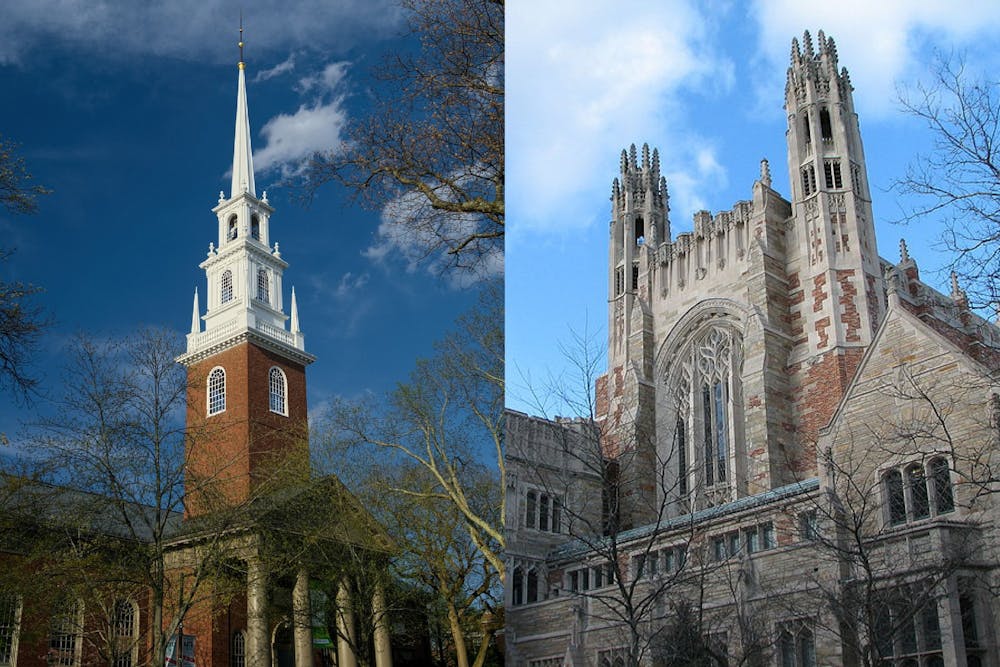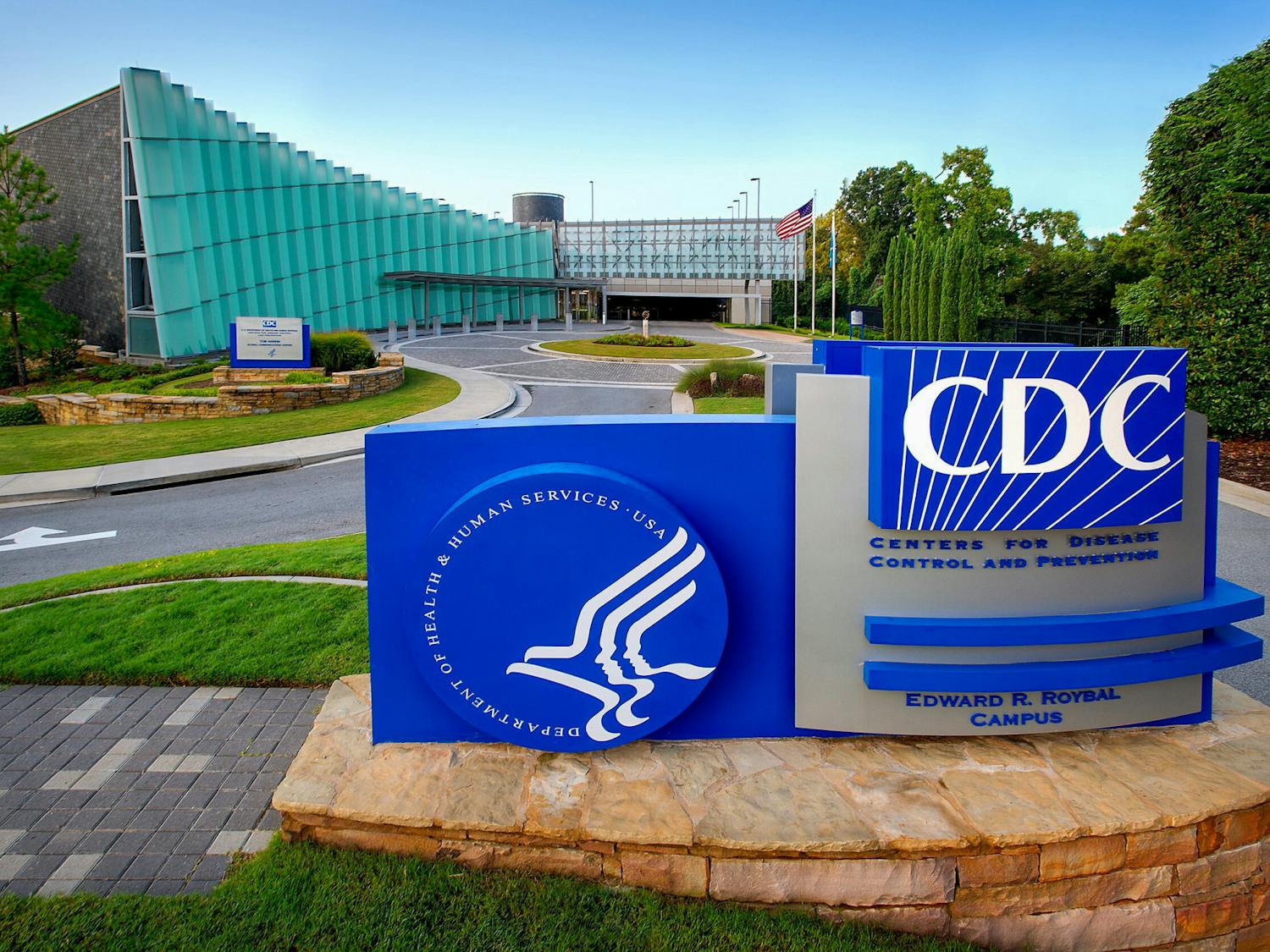Harvard University and Yale University are reportedly being investigated by the United States Department of Education for failing to disclose hundreds of millions of dollars in foreign donations.
The Department of Education has sent letters to the two Ivy League universities for failing to report foreign donations of more than $250,000, as required by Section 117 of the Higher Education Act. The New York Times reported Penn has disclosed previously unreported foreign gifts since July, following a crackdown by the DOE on foreign funding for higher education. The Education Department said its enforcement efforts have prompted the reporting of about $6.5 billion in undisclosed foreign gifts to universities including Penn, the New York Times reported.
NPR reported that Yale failed to disclose $375 million in the last four years, and the Education Department was concerned that Harvard did not fully comply with the Higher Education Act's reporting requirements. Both Harvard and Yale have stated they have received the letters and are compiling their records to reply to the DOE.
According to the New York Times, the Education Department has specifically inquired about donations from two Chinese telecommunications companies, Huawei and ZTE, and a Russian computer security firm Kaspersky Lab. They have come under suspicion after the Trump administration labeled them “security risks or sanction violators."
Two weeks ago, Harvard University chairman of the Department of Chemistry and Chemical Biology Charles Lieber was arrested for lying to the U.S. Department of Defense regarding his involvement in a Chinese government program to recruit foreign scientists and researchers, the New York Times reported, which prompted the letter from the Education Department.
The crackdown has caused friction between higher education groups and the Department of Education, the New York Times reported. The American Council on Education Senior Vice President for Government Relations Terry W. Hartle wrote that Section 117 of the Higher Education Act was a source of "confusion" for schools.









